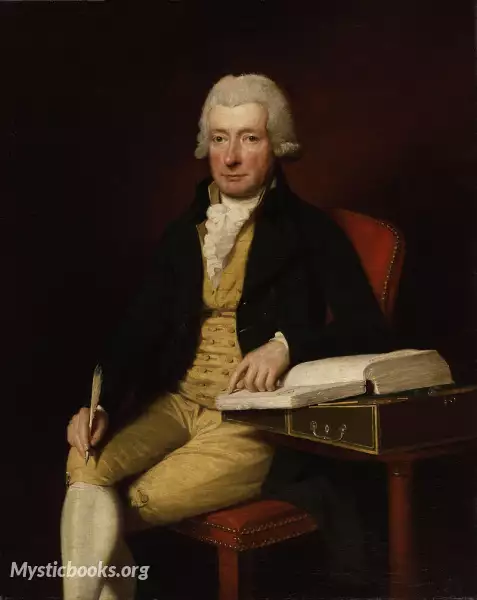
Timeline
Title
Country/Nationality
William Cowper
William Cowper was an English poet and Anglican hymnwriter. One of the most popular poets of his time, Cowper changed the direction of 18th-century nature poetry by writing of everyday life and scenes of the English countryside. In many ways, he was one of the forerunners of Romantic poetry. Samuel Taylor Coleridge called him "the best modern poet", whilst William Wordsworth particularly admired his poem Yardley-Oak.
After being institutionalised for insanity, Cowper found refuge in a fervent evangelical Christianity. He continued to suffer doubt and, after a dream in 1773, believed that he was doomed to eternal damnation. He recovered and wrote more religious hymns.
His religious sentiment and association with John Newton (who wrote the hymn "Amazing Grace") led to much of the poetry for which he is best remembered, and to the series of Olney Hymns. His poem "Light Shining out of Darkness" gave English the phrase: "God moves in a mysterious way/ His wonders to perform."
He also wrote a number of anti-slavery poems and his friendship with Newton, who was an avid anti-slavery campaigner, resulted in Cowper being asked to write in support of the Abolitionist campaign. Cowper wrote a poem called "The Negro's Complaint" (1788) which rapidly became very famous, and was often quoted by Martin Luther King Jr. during the 20th-century civil rights movement.[4] He also wrote several other less well known poems on slavery in the 1780s, many of which attacked the idea that slavery was economically viable.
Cowper was born in Berkhamsted, Hertfordshire, where his father John Cowper was rector of the Church of St Peter. His father's sister was the poet Judith Madan. His mother was Ann née Donne. He and his brother John were the only two of seven children to live past infancy. Ann died giving birth to John on 7 November 1737. His mother's death at such an early age troubled William deeply and was the subject of his poem, "On the Receipt of My Mother's Picture", written more than fifty years later. He grew close to her family in his early years. He was particularly close with her brother Robert and his wife Harriot. They instilled in young William a love of reading and gave him some of his first books – John Bunyan’s Pilgrim’s Progress and John Gay’s Fables.
Cowper was seized with Edema (also known as Dropsy) in the spring of 1800 and died on the 25th of April. He is buried in the chapel of St Thomas of Canterbury, St Nicholas's Church in East Dereham, and a stained-glass window there commemorates his life.
In St Peter's Church in Berkhamsted there are two windows in memory of Cowper: the east window by Clayton & Bell (1872) depicts Cowper at his writing desk accompanied by his pet hares, and bears the inscription "Salvation to the dying man, And to the rising God" (a line from Cowper's poem "The Saviour, what a noble flame"); and in the north aisle, an etched glass window is inscribed with lines from "Oh! for a closer walk with God" and "The Task". In the same church there is also a memorial tablet to the poet's mother, Ann Cowper. Cowper is also commemorated (along with George Herbert) by another Clayton & Bell stained-glass window in St George's Chapel, Westminster Abbey.
In 1823, Cowper's correspondence was published posthumously from the original letters in the possession of his kinsman John Johnson.
Near the village of Weston Underwood, where Cowper once resided, is a folly named Cowper's Alcove. The folly was built by the Lord of the Manor of Weston House, a member of the Throckmorton family in 1753. Cowper is known to visit here frequently for inspiration for his poetry. The alcove is mentioned in Cowper's "The Task". The folly was dedicated to Cowper by the Buckinghamshire county council green belt estate, and a plaque with the verse from "The Task" referencing the alcove was installed.
Books by William Cowper
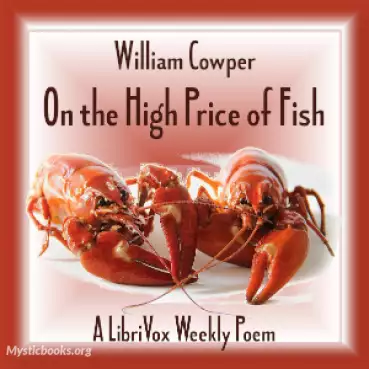
On The High Price Of Fish
One of the most popular poets of his time, Cowper changed the direction of 18th-century nature poetry by writing of everyday life and scenes of the English countryside.
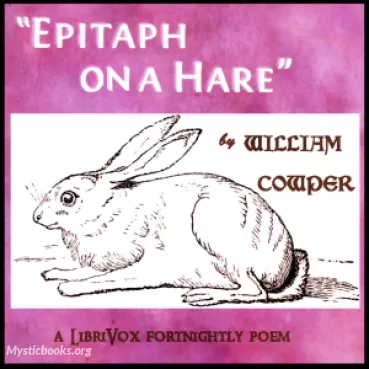
Epitaph on a Hare
The poem describes the death of a hare and the speaker's reflection on the fleeting nature of life. The poem consists of six stanzas, each with four lines, and is written in rhyming couplets. Cowper was a prolific poet in the 18th century and is kno...
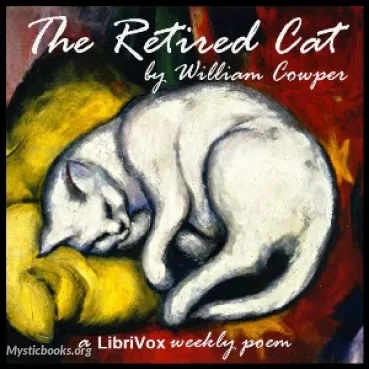
The Retired Cat
In William Cowper's delightful poem, "The Retired Cat," readers are invited into the contemplative world of a retired feline, a creature of leisure and quiet observation. Through the cat's gentle gaze, we witness the passing seasons, the changing lan...
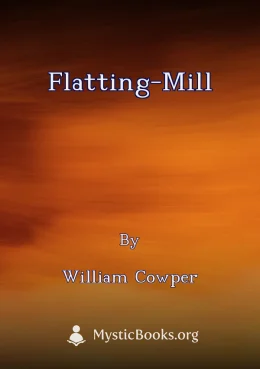
Flatting-Mill
The Flatting-Mill is a poem by William Cowper that describes the process of flattening metal in a mill. The poem is written in a simple and straightforward style, and it uses vivid imagery to create a vivid picture of the process. Cowper also uses th...
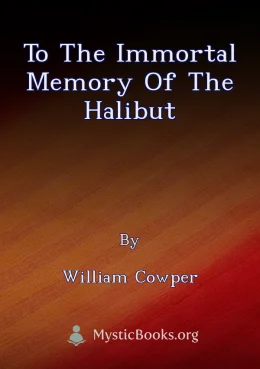
To The Immortal Memory of the Halibut
This humorous verse satire by William Cowper recounts the experience of dining on a halibut and laments the challenges of eating the large fish. Cowper's witty and self-deprecating tone adds to the poem's comedic effect.
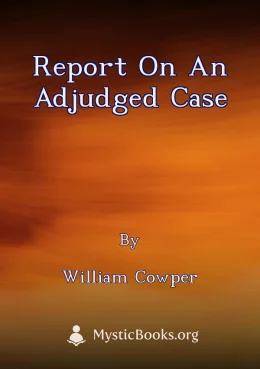
Report On an Adjudged Case
"Report On an Adjudged Case" is a unique and enigmatic work by the renowned English poet, William Cowper. It stands as an autobiographical account of a legal case that profoundly impacted Cowper's life. Through this poetic exploration, Cowper delves...

Inscription For A Stone
This poem, penned by William Cowper, is an inscription for a stone marking the planting of an oak grove at Chillington, the estate of T. Giffard. It's a brief yet contemplative piece, reflecting on the cyclical nature of life and death, the permanenc...
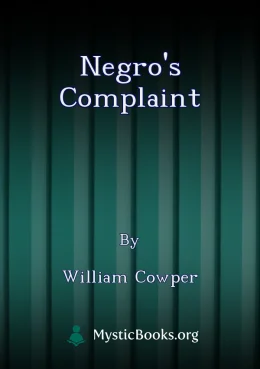
Negro's Complaint
The Negro's Complaint is a powerful anti-slavery poem written by English poet William Cowper in 1788. Through this work, Cowper channels the perspective of an enslaved African who appeals to the humanity and conscience of readers. The poem eloquently...